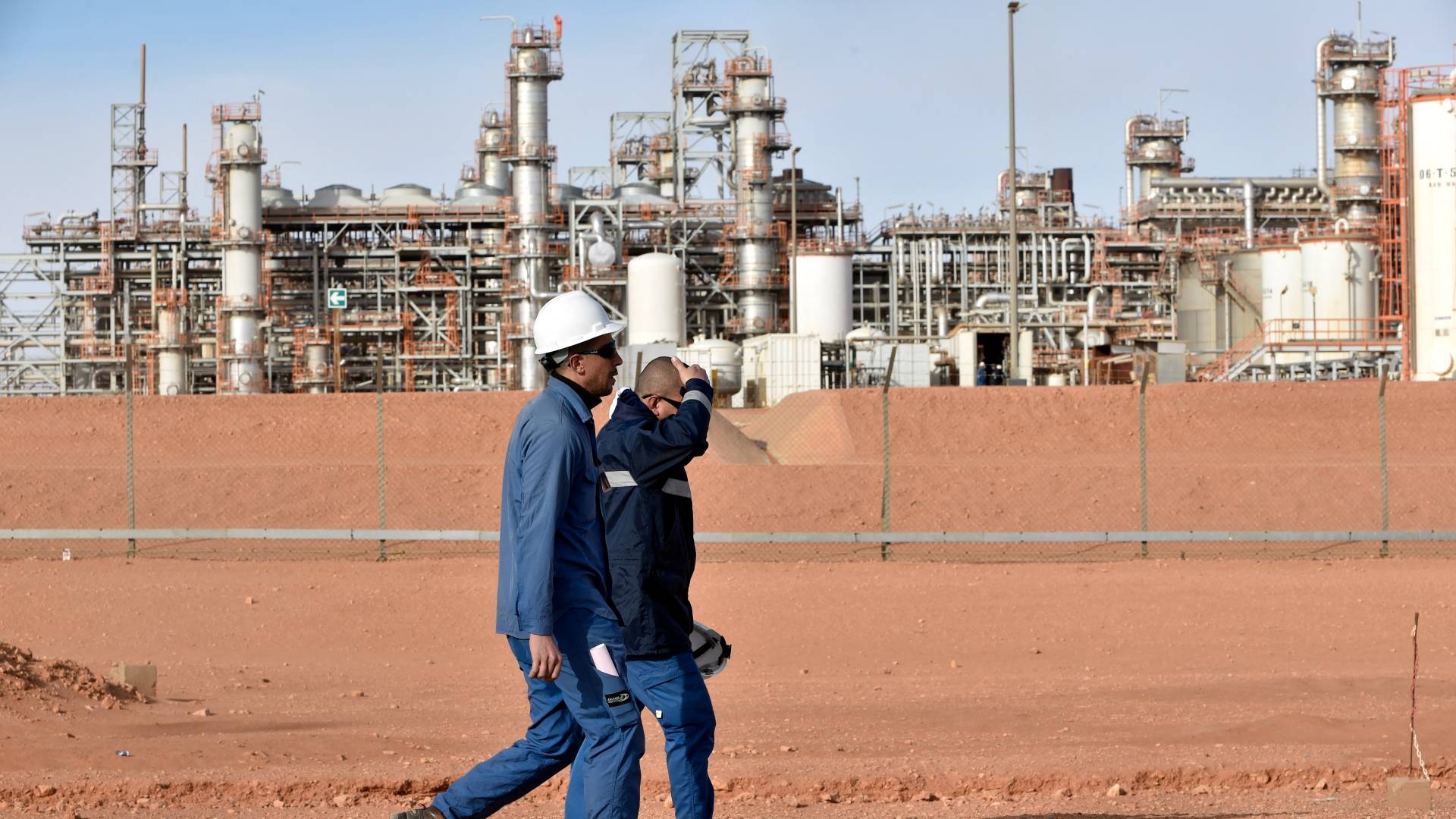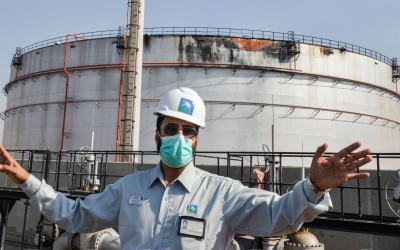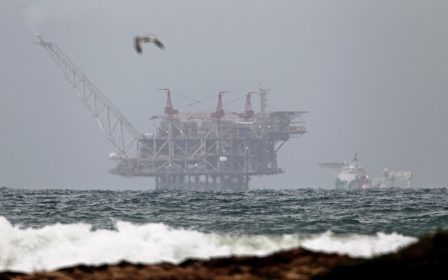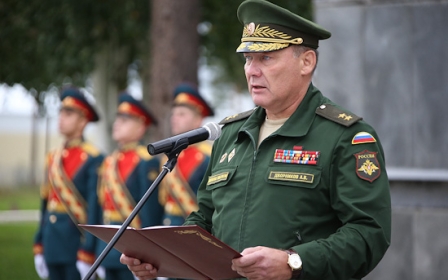Russia-Ukraine war: Italy signs new gas deal with Algeria in bid to cut Moscow reliance

Italy signed an agreement to increase gas imports from Algeria on Monday, the latest push by a European Union country to acquire alternative energy from Russia, following its invasion of Ukraine.
Italian Prime Minister Mario Draghi said the deals - signed between Eni SpA and Algeria's state energy firm Sonatrach - were a significant step in Italy's drive to reduce its dependency on Russian gas.
Russia is Italy's biggest supplier, representing 40 percent of total imports, followed by Algeria, which provides some 21 billion cubic metres of gas via the Trans-Mediterranean pipeline.
The new deal would add an extra nine billion cubic metres of gas from Algeria, just eclipsing Russia's 29 billion cubic metres a year, Eni said in a statement.
"Others will follow," Draghi said in Algiers, following a meeting with Algerian President Abdelmadjid Tebboune.
Currently, the Trans-Mediterranean pipeline, which carries gas from Algeria to Italy, is only operating at about two-thirds of capacity, an Italian government official was recently quoted by the Financial Times as saying.
EU countries and others have been increasingly insistent on finding ways to end trade and other agreements with Russia, as its brutal invasion of Ukraine continues to flout international norms.
Italy's Ecological Transition Minister Roberto Cingolani said last week that Rome expected to get an extra 10 bcm of gas from pipelines from Algeria, Libya and Azerbaijan this year.
Lithuania became the first EU country to shut down Russian supplies last week. Meanwhile, several other EU states are positioning themselves to do the same.
Germany has said it seeks to be "virtually independent" from Russian oil by the end of this year, and from gas by mid-2024. Looking to Qatar, Berlin recently signed a long-term agreement for the supply of liquefied natural gas, which Robert Habeck, the economy minister, said would reduce its reliance on Russian supplies.
Middle East Eye delivers independent and unrivalled coverage and analysis of the Middle East, North Africa and beyond. To learn more about republishing this content and the associated fees, please fill out this form. More about MEE can be found here.





